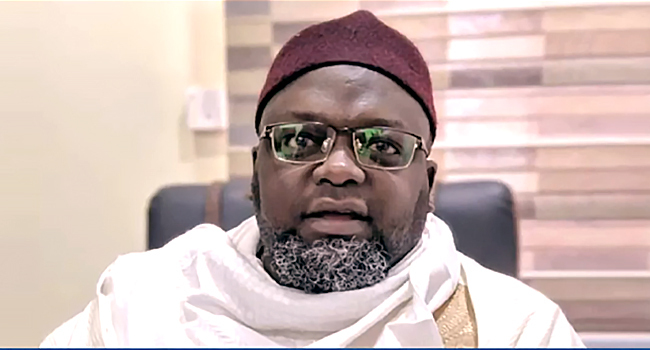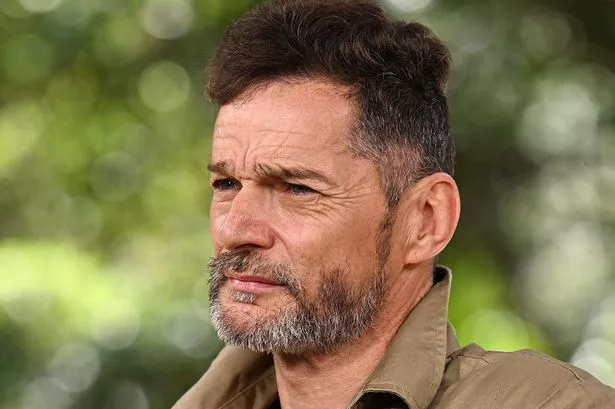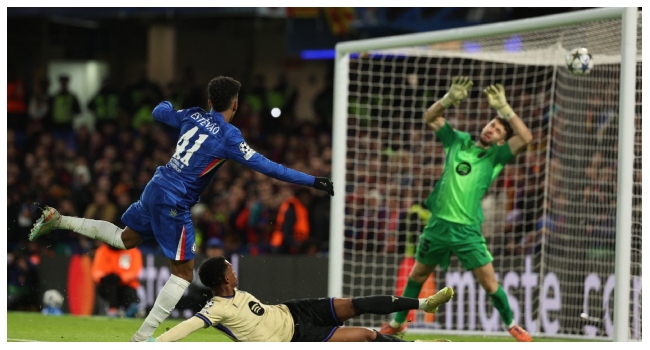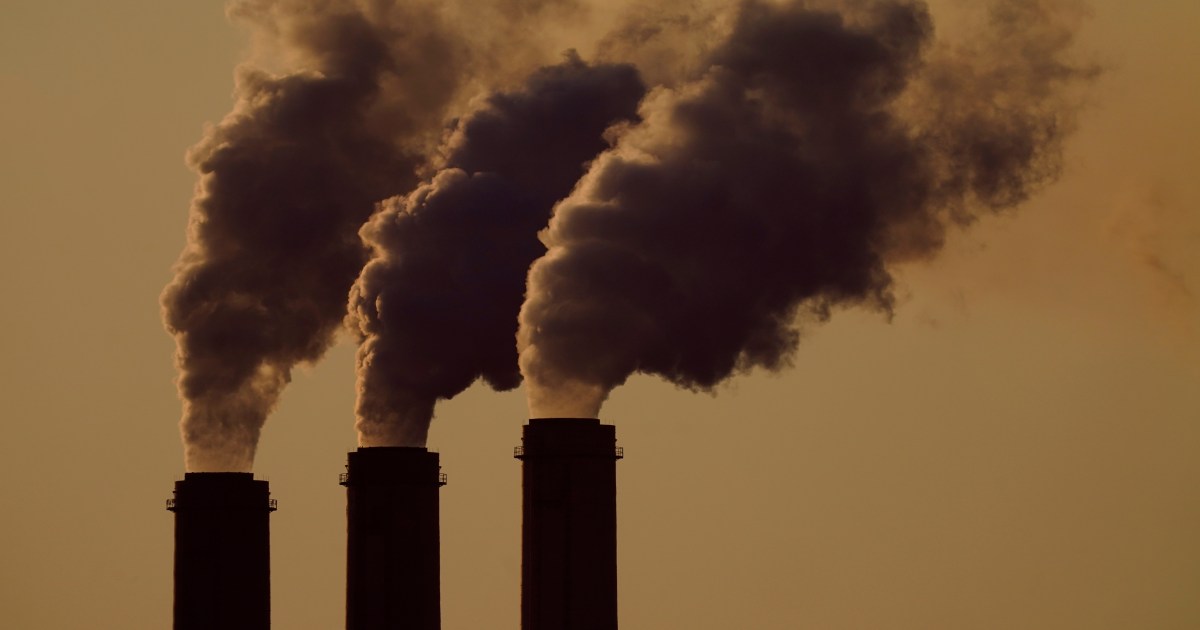A Department of State Services (DSS) investigator has told the Federal High Court in Abuja that Tukur Mamu was offered a N50 million share by Shugaba, the leader of the terrorist group, who attacked the Abuja-Kaduna-bound train in 2022.
The DSS operative, who testified as the 6th prosecution witness (PW-6) in the ongoing terrorism trial of Mamu, the alleged terrorists ‘ negotiator, told Justice Mohammed Umar while being led in evidence by the DSS lawyer, David Kaswe.
The witness, who gave his testimony behind a witness screen for security reasons, said the group also asked Mamu to teach them how to open a website for their terrorist activities.
He stated this while interpreting four voice notes played in the courtroom containing the defendant’s telephone interactions with the terrorists who held the abducted train passengers hostage.
READ ALSO:]Alleged Misappropriation] Court Adjourns Trial Of Ganduje, Seven Others To February 3

The audio recordings were extracted from Mamu’s mobile telephones during interrogation after he was arrested in Egypt and brought back to Nigeria.
“The first voice note that played was for the defendant (Mamu) fixing a date for the delivery of the ransom.
” The second voice note that played for five minutes was the voice of Shugaba, the leader of the terrorist group.
“In the voice note, he was appreciating the defendant’s effort and asked him to remove N50 million for his personal use from a particular tranche of ransom sent to them.
” The last voice note that played, Baba Adamu, who is their spokesperson, was heard requesting the defendant to help them procure speakers and a public address system for their preaching activities, and the defendant responded that he was going to look into their request.
“They also requested that the defendant teach them how to open a website for their activities”, the witness said.

Mamu was alleged to have convinced the terrorists to discuss ransom payments with individual families of the hostages of the train attack instead of the Chief of Defense Staff Committee set up by the Federal Government for his personal financial gain.
The defendant was said to have been nominated by the terrorists who attacked the train sometime in March 2022, where scores of passengers were held hostage.
Mamu was alleged to have collected ransoms on behalf of a terror group from families of hostages, confirmed the amount, and facilitated the delivery of the same to them.
The PW-6, while being led in evidence by the prosecuting lawyer, Kaswe, told the court that after Mamu was brought back from Egypt, he submitted his Samsung tablet and two phones to DSS officials.
The witness, who said he was part of those who investigated the case, told the court that when the defendant was intercepted in Egypt, he put a call to his in-law, identified as Mubarak Tinja and directed him to move out all his valuables, comprising of cash, cars and other items of values, from his house to a safe location, to avoid detection by security agents.
“The defendant was subsequently arrested in Egypt and returned back to Nigeria, where a team of investigators was on the ground to receive him.
” A duly endorsed search warrant was executed in his property and office in Kaduna, during which cash, in both local and foreign currencies, vehicles, and other valuables were recovered.
“In compliance with his directive to his in-law, Mubarak Tinja, and the other dependants in the house, some cars and cash were moved out of the house to various locations”, he said.
He said investigators later traced and located some of the items, including about 300, 000 US dollars, about seven cars, including a Toyota Camry (Muscle), a Peugeot 5008, a Lexus, a Mercedes E350, and a Hyundai car.
Vehicle documents relating to the cars were later tendered by the prosecution through the witness, which the court admitted in evidence.
The witness added that when the defendant was brought back to the country, he “handed his Samsung tablet and two of his phones to our exhibit keeper, who sent them to our forensic department for forensic analysis.
” The outcome of the forensic analysis, which included the voice notes of the conversation between the defendant and the terrorists, was part of the content that was presented to the interrogation team and the items recovered from his home.
“He (the defendant) was subsequently interviewed, during which the content of his phones and other items were presented to him.
” During the interview, the defendant admitted giving instruction to Mubarak to move his belongings from his house.
“He also admitted communicating with the terrorists, using his voice notes, which were extracted from his two phones and Samsung tablet”.
He added that the defendant also admitted owning a pump-action gun, which was recovered from his house, which he claimed was duly licensed.
The witness, however, told the court that investigators later discovered that the licence expired in December 2021, nine months before he was arrested.
The DSS operative said about 98 per cent of the conversation on the voice notes is in Hausa Language, some of which were translated to English by him, because there were too many.
Kaswe then applied to tender the recorded voice notes stored on compact disk plates and flash drives, which the court admitted, after Mamu’s counsel, Johnson Usman, reserved his objection until the final address.
The recorded conversations were played in the courtroom.
The witness added that in the course of the investigation, two victims volunteered written statements in which they recounted their experiences.
He said one of the statements was written in English and the other in Hausa.
He, however, said that the victims, a male and female, were no longer available, because they expressed their unwillingness to attend court to testify because of fear and trauma.
The court admitted the statements of the victims in evidence and marked them as exhibits after it was not opposed by Usman.
The court also admitted in evidence eight statements made to investigators by Mamu and video recordings of the statement-writing sessions.





